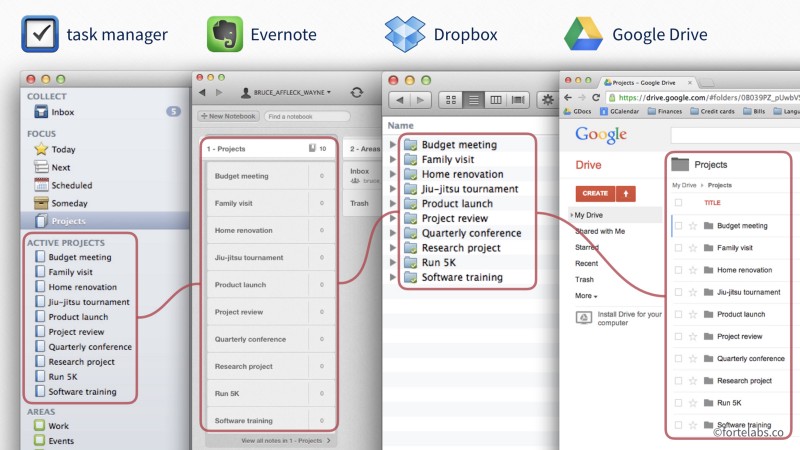The problem with tools such as Notion is that
Judged as a standalone tool, e.g. a project backlog, Notion is simply not well designed for that task. It’s almost undesigned due to its forced genericness. Everything is a compromise. Everything becomes its lowest common denominator. Nothing has purpose or is easy to scan visually. Being generic forces generic design onto everything.
– Notion encourages busywork and I’m tired of it
Notion takes the idea of general-purpose tool to the extreme. Evernote, with which it is frequently compared, is a note-capture and search tool. As is Microsoft’s OneNote. Mediawiki and other wikis are shared document management systems. Asana is primarily a task-management tool. All of them optimise for a particular primary use case – they’re great at that one job and substandard at others.
And that is the problem with general-purpose tools. They are better than substandard at many use cases, but just not good enough for any. You have to mangle your own management layer atop it. Twenty years ago, Excel was such a tool. You could use it as a business ledger. Or a task management service. Or a CRM. Or a sales commission calculator. It required you to massage it to get it to serve each of those functions and it still wouldn’t make you happy compared to a well-designed single-purpose tool.
What I like about information management frameworks like PARA is that you can use all your favourite single-purpose tools – simply replicate the same management structure inside each of them. This screenshot from the PARA creator’s website describes it:

End note: reading about these do-everything tools always reminds me of Alex Payne’s timeless ‘Rules for Computing Happiness’. Among them:
Use as little software as possible.
Use software that does one thing well.
Do not use software that does many things poorly.
